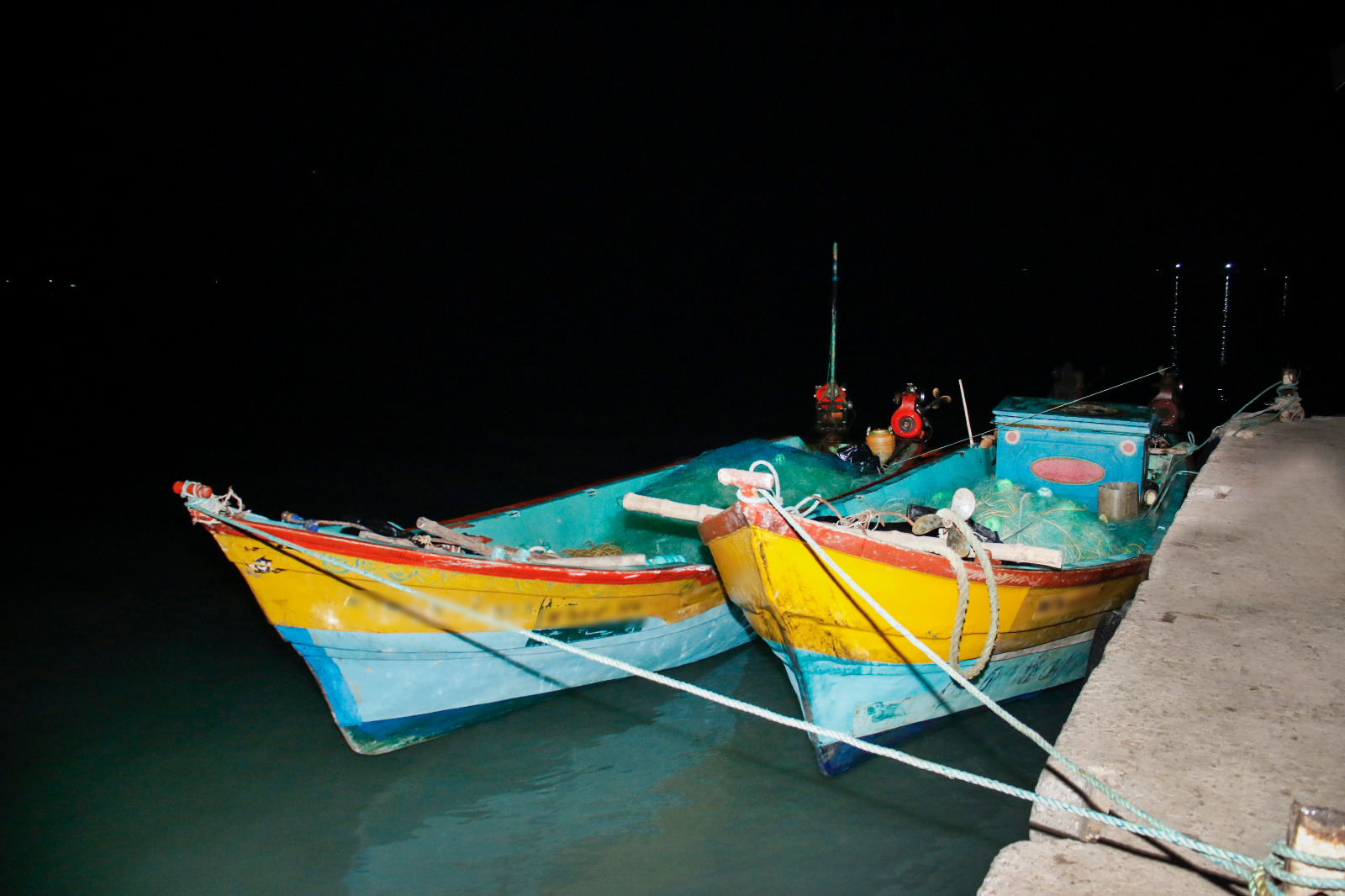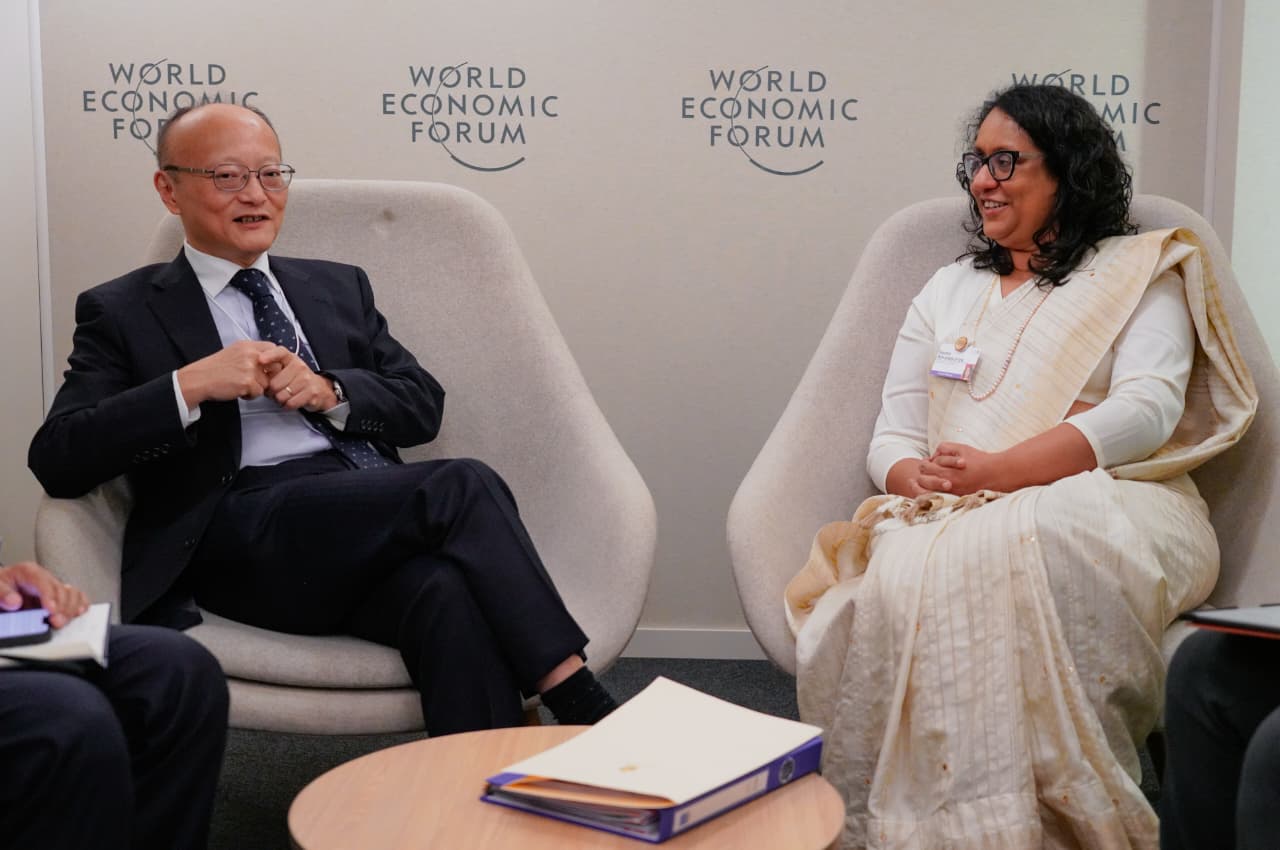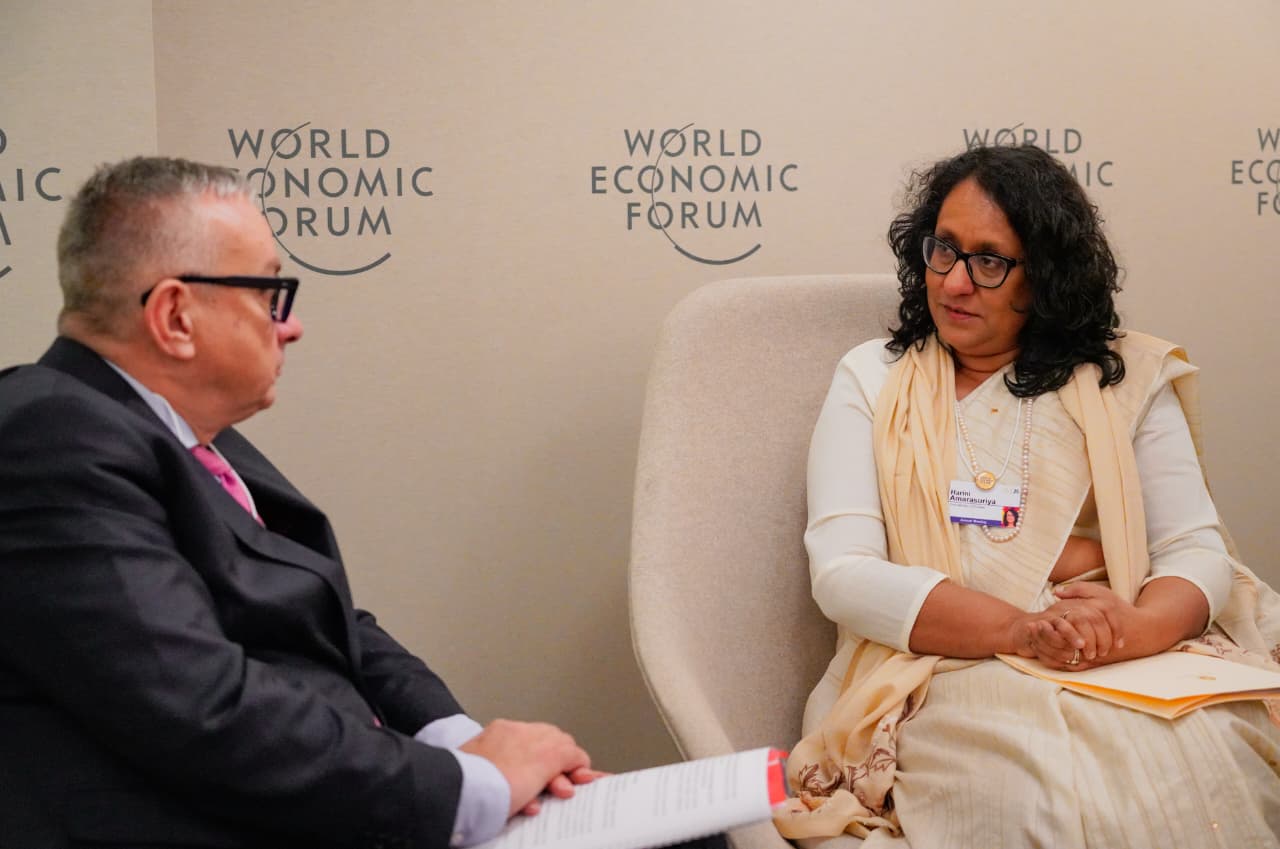News
Dialog Axiata, MIT and ICTA recognised by the Ministry of Power and Energy for implementation of the National Fuel Pass Platform

The platform was gifted by Dialog and MIT to the Ministry of Power and Energy to manage the fuel crisis in the country .The Ministry of Power and Energy conveyed its appreciation to the country’s leading technology entities, Dialog Axiata PLC, MillenniumIT ESP and ICTA as the facilitators of the National Fuel Pass system. Recently, at an event, the Ministry recognised the three entities for their invaluable and gratuitous contribution and expertise extended towards the development of the platform and the successful implementation of the allocation-based fuel distribution system.
Since implementation, the National Fuel Pass platform has been successfully adopted by 93% of fuel stations across the country, with over 11 million transactions to date. The National Fuel Pass, which was introduced to provide the public a convenient and easily accessible solution to obtain fuel and facilitate an allocation-based fuel distribution method, has also surpassed six million vehicle registrations to-date.
Dialog and MillenniumIT ESP will continue to support the National Fuel Pass platform free of charge over the next three years and will closely work with the Ministry of Power and Energy and ICTA to introduce additional functionality to meet the requirements of special segments. In addition to providing a sustainable allocation-based fuel distribution method to Sri Lankans, the successful implementation of the National Fuel Pass platform contributed to significant national savings, where the monthly expenditure of fuel imports has been reduced from USD 500 Million to USD 230 Million.

Speaking to the gathering, Kanchana Wijesekera, M.P, Ministry of Power and Energy, claimed “On behalf of the Government of Sri Lanka, I would like to express my sincere gratitude and appreciation to ICTA, MillenniumIT ESP and Dialog Axiata PLC for synergising with the Ministry of Power and Energy to ease the burden of the fuel crisis on the public with the National Fuel Pass initiative. The journey to the National Fuel Pass system was riddled with trial and learning, and I am grateful to all stakeholders for remaining positive and proactive with an unwavering commitment to finding an immediate solution to a national crisis. This effort would not have materialised into the fully-fledged system it is today without the support of Lanka IOC and the Ceylon Petroleum Corporation and the voluntary efforts of the individuals from the National Youth Corp and National Youth Council. Our aim was to give each individual a guaranteed fuel quota to manage their day-to-day activities, and, with this system, we have made it a reality today”
Speaking about the initiative, Jayantha De Silva, Chairman of ICTA said, “We are extremely proud to have been a part of this national initiative and to have provided technical advice for the development of the National Fuel Pass. The impact of the National Fuel pass is tremendously visible from an economic perspective, as well as from a social perspective. I firmly believe technology can play a major role in solving some of the problems faced by our nation. As the apex body for implementing all ICT projects of the government, we are committed to working with the required stakeholders to drive effective digital solutions that transform the lives of Sri Lankans”.
Commenting, Supun Weerasinghe, Group Chief Executive of Dialog Axiata PLC said, “We are thankful to the Ministry of Power and Energy for inviting us to be a part of this national initiative. When the entire country came to a standstill, we at Dialog, felt that it was our responsibility to help the nation overcome this challenge through the power of technology. With the help of MillenniumIT ESP and ICTA, the Dialog team, once again,came together during our country’s greatest hour of need and volunteered to provide a solution within a short span of three weeks and expedited the operationalisation of the solution to help the nation progress with a sustainable fuel management system.”
Commenting, Shevan Goonetilleke, CEO of MillenniumIT ESP said, “Eliminating fuel queues, saving millions of dollars, and ensuring a fair distribution of fuel to the nation was an outcome of the successful implementation of the National Fuel Pass system. Launching the application at a national scale is undoubtedly challenging, however along with the guidance of the Minister and the excellent collaboration among the Ministry, ICTA, MillenniumIT ESP and Dialog contributed to achieving the ultimate goal. The National Fuel Pass indeed demonstrated how technology can be used to mitigate a national crisis through solutions that can be developed and deployed in a short time. Congratulations to the Minister and all teams involved on the successful completion of this project!”
Latest News
Sri Lanka is an example of hope, recovery and resilience in a world of conflict – PM

Prime Minister Dr. Harini Amarasuriya participated in a high-level dialogue titled “Tourism as Soft Power and Diplomatic Capital” held at the Euronews Hub, Piz Buin Davos, on the sidelines of the World Economic Forum on January 20.
The session explored how tourism functions as a strategic instrument of diplomacy by strengthening international trust, cultural exchange, and regional cooperation through mobility and people-to-people engagement. The Prime Minister shared the panel with Mr. Kuban Omiraliyev, Secretary General of the Organization of Turkic States and Mr. Meshari Alnahar – CEO Aseer Investment Company, Saudi Arabia.
Addressing global trends, the Prime Minister emphasized that Sri Lanka is an example of hope, recovery and resilience in a world of conflict demonstrating how tourism can play a critical role in a changing global environment particularly amid climate shocks, geopolitical instability, and uneven economic recovery. She noted that tourism is not only an economic sector but also a vital diplomatic bridge that supports livelihoods, builds relationships and connects people.
Drawing on Sri Lanka’s recent experience, she highlighted the country’s strong tourism recovery despite multiple crises, including the impact of Cyclone Ditwah. Transparent crisis management and strategic engagement with international partners helped sustain visitor confidence, resulting in record tourist arrivals even in challenging circumstances.
The Prime Minister also underscored the importance of green and climate friendly tourism infrastructure and underlined that Sri Lanka welcomes long term investment in tourism. She pointed out that tourism supports millions of jobs worldwide and that inclusive policies are essential to ensure fair opportunities, particularly for women and vulnerable communities.
[Prime Minister’s Media Division]
Latest News
Navy seizes 02 Indian fishing boats poaching in northern waters

During an operation conducted in the dark hours of 20 Jan 26, the Sri Lanka Navy seized two (02) Indian fishing boats and apprehended seven (07) Indian fishermen while they were poaching in Sri Lankan waters, off Kovilan, Jaffna.
The seized boats and Indian fishermen was to be handed over to the Fisheries Inspector of Myliddy, Jaffna for onward legal proceedings.
Latest News
Prime Minister participates in high-level bilateral meetings at World Economic Forum

Prime Minister Dr. Harini Amarasuriya participated in a series of high-level bilateral meetings on January 20 on the sidelines of the 56th Annual Meeting of the World Economic Forum in Davos-Klosters, Switzerland.
The Prime Minister attended a productive bilateral meeting with Mr. Jozef Síkela, European Commissioner for International Partnerships. During the discussion, both sides focused on strengthening Sri Lanka–EU cooperation and advancing mutual interests.
Prime Minister Amarasuriya also met with Mr. Masato Kanda, President and Chairperson of the Board of Directors of the Asian Development Bank (ADB), at the WEF Congress Centre. The meeting provided an opportunity to discuss ongoing engagement and future collaboration between Sri Lanka and the ADB.
In addition, the Prime Minister held discussions with Mr. Hassan El Houry, Chairman of Menzies Aviation, where opportunities for collaboration in aviation services and connectivity were explored.
The Prime Minister also participated in a high-level dialogue at the Global Tourism Forum held at the Euronews Hub, Piz Buin, Davos, as part of the World Economic Forum engagements.
Dr. Anil Jayantha, Minister of Labour, and the Deputy Minister of Finance were also present at these meetings.

[Prime Minister’s Media Division]
-

 Editorial4 days ago
Editorial4 days agoIllusory rule of law
-

 News5 days ago
News5 days agoUNDP’s assessment confirms widespread economic fallout from Cyclone Ditwah
-

 Business7 days ago
Business7 days agoKoaloo.Fi and Stredge forge strategic partnership to offer businesses sustainable supply chain solutions
-

 Editorial5 days ago
Editorial5 days agoCrime and cops
-

 Features4 days ago
Features4 days agoDaydreams on a winter’s day
-

 Editorial6 days ago
Editorial6 days agoThe Chakka Clash
-

 Features4 days ago
Features4 days agoSurprise move of both the Minister and myself from Agriculture to Education
-

 Features3 days ago
Features3 days agoExtended mind thesis:A Buddhist perspective













